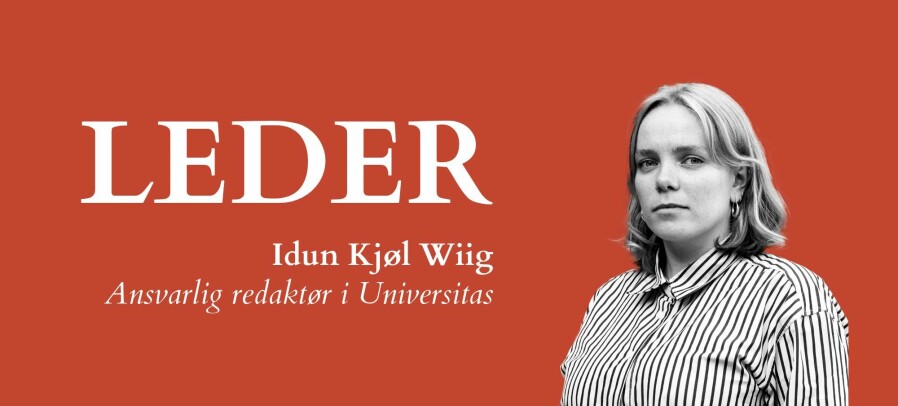Less Obligatory Attendance
New set of rules at UiO may make it easier for students to skip obligatory classes and harder for the Departments to make sure this does not happen.
A working committee under the Department of Education and Academics at the University of Oslo (UiO) has reached conclusions on a wide range of rules that would to a larger extent give students with obligatory attendance free hands. This work started almost two years ago following pressure from among others Student Health Services and the Departments. Many Departments were fed up with the added paper work due to keeping attendance records. Eventually, the Department of Sociology and Human Geography at the Faculty of Social Sciences (SV) chose to refrain from keeping attendance records altogether.
«Attention was moved from teaching to assessing mitigating circumstances,» professor and executive officer Dag Album says.
Death Certificate
For Student Health Services the vague guidelines meant that more students needed to produce doctor’s notes.
«Attendance regulations have been practised differently for the various modules. Uncertainty resulted in many students coming to us for death certificates, for instance,» medical superintendent at Student Health Services Cecilie Daae says.
She feels that the University should practise regulations applying to everyone and a self-certification system like in the working community.
«Students are responsible adults. Consequently, they should decide for themselves whether they have a good excuse or not if absence is not due to illness,» Daae says.
Higher Threshold
The proposition that is to be dealt with by the Senate this autumn will provide a set of rules that applies to all units at UiO. The rules also make it easier to skip obligatory classes without a doctor’s note. Valid reasons for absence will include participation in political organisations, art or cultural assignments, sports, illnesses and child births.
«The new rules make it easier for students to skip obligatory classes. Even though it will still to a large extent be up to every module to assess the need for obligatory classes, the result will hopefully be that Departments more rarely resort to this,» executive officer in the Student Parliament Sigurd Berg says.
He is a student representative in the working committee, and he is convinced that students will gain from fewer obligatory classes.
«Obligatory attendance is not for everyone. That is why it is good if these rules can keep this at a minimum,» Berg concludes.
These are the new propositions:
More exceptions: The set of rules will make sure that participation in
political organisations, art or cultural assignments organised by the
public, participation in sports at a high level, illnesses and child
births are valid excuses for absence from obligatory classes.
More uniform set of rules: Seeing as how these rules are supposed to
apply to all faculties, modules do not have free hands to decide what is
valid or not.
Less bureaucracy for Departments and less pressure on Student Health
Services.
The proposition is to be dealt with by the Senate this autumn.

































